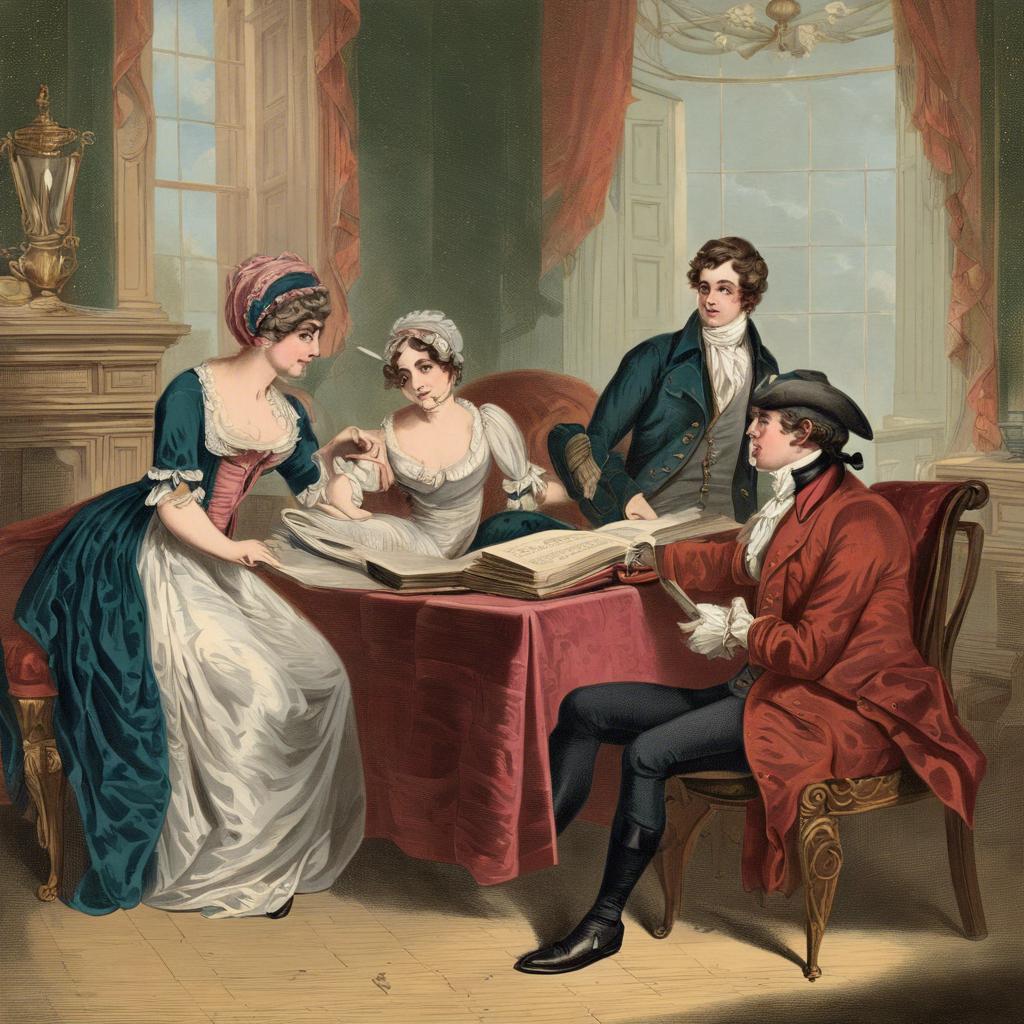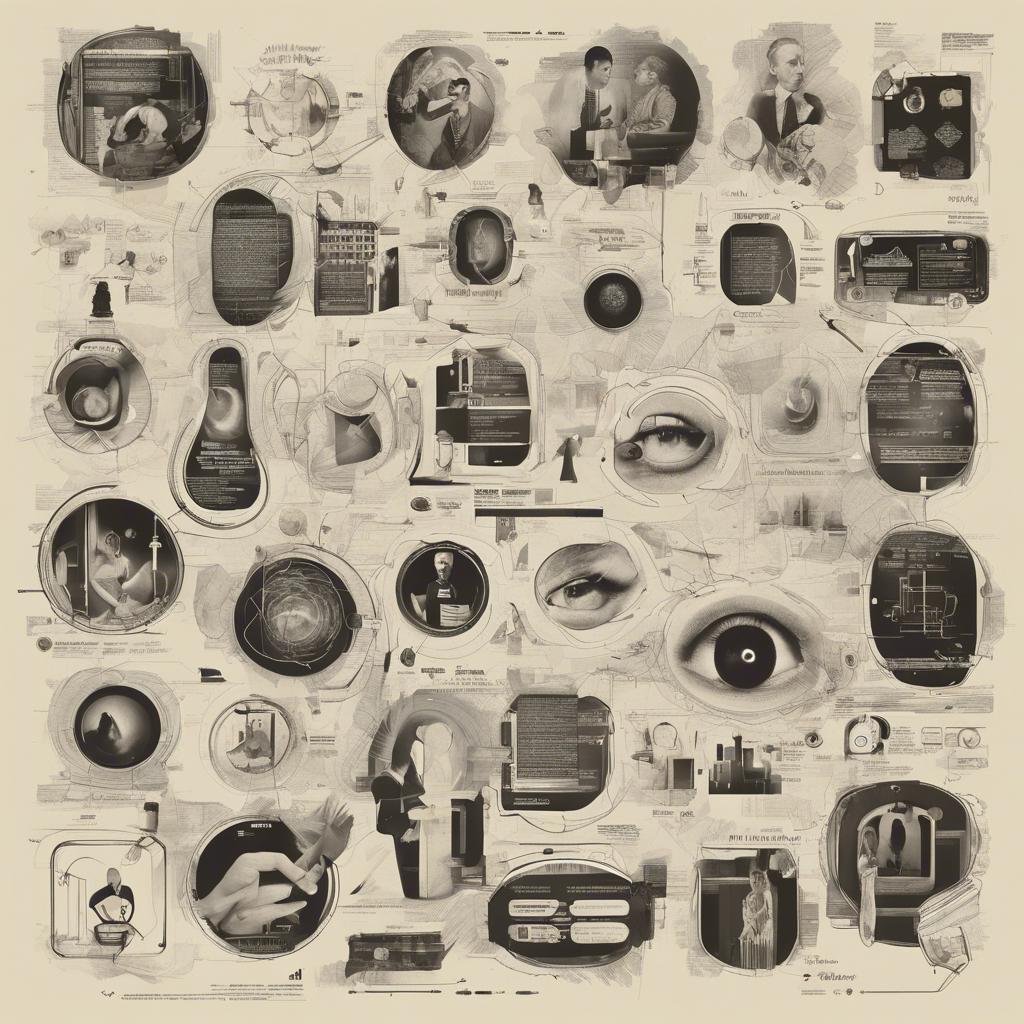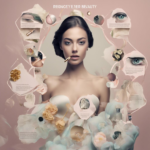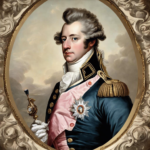During the Regency era in early 19th century England, a new language emerged that reflected the societal changes and cultural norms of the time. From the drawing rooms of London to the countryside estates, members of high society used a colorful array of slang terms to communicate and socialize. This unique lexicon not only provided insight into the etiquette and class distinctions of the period, but also serves as a fascinating window into the everyday lives of Regency era men and women. In this article, we will explore the intricacies of Regency era slang and delve into the rich history behind these intriguing linguistic expressions.
Step Into the World of Cheryl Bolen
Dive into the enchanting stories of love, intrigue, and elegance set in the Regency Era. Cheryl Bolen's novels offer timeless romance and captivating tales that will leave you wanting more.
Explore Cheryl Bolen's Books Now
Exploring the Colorful Language of the Regency Era
During the Regency Era, a period known for its elegance and refinement, the language used by the upper class was no exception. As society became more sophisticated, a colorful array of slang terms emerged, adding a touch of whimsy and intrigue to everyday conversations. These unique expressions often reflected the social customs and values of the time, offering insights into the mindset of Regency society.
One popular term from the Regency Era that has endured through the centuries is “dandy,” referring to a man who placed great emphasis on his appearance and fashion sense. Dandies were known for their extravagant clothing and attention to detail, making them stand out in a crowd. Another intriguing term is “rake,” used to describe a charming but morally dubious man who lived a wild and extravagant lifestyle. These terms capture the essence of the Regency Era, where appearances and social status were highly valued.
Other colorful expressions from the Regency Era include “blue stocking,” referring to an intellectual or literary woman, and “dash my wig,” an exclamation of surprise or disbelief. These quirky phrases added a touch of humor and flair to conversations, showcasing the wit and sophistication of the era. As we delve into the language of the Regency Era, we gain a deeper appreciation for the cultural nuances and societal norms of this fascinating period in history.
The Influence of Fashion and Society on Regency Slang
During the Regency era, slang was heavily influenced by both fashion trends and societal norms. The language used by the upper class during this time period was a reflection of their social status and sophistication. The use of specific words and phrases in Regency slang often correlated with the latest fashion trends, as clothing and accessories were integral parts of one’s identity in society.
The influence of fashion on Regency slang can be seen in the use of terms such as “dandy” to describe a man who was fashionable and well-groomed. This term was often associated with those who followed the regency era debutante age”>latest trends in men’s fashion, such as wearing tailored suits and elaborate cravats. Similarly, the use of words like “chic” and “modish” reflected a person’s awareness of current fashion trends and their ability to incorporate them into their own style.
Society also played a significant role in shaping Regency slang, with words and phrases often reflecting the values and behaviors of the upper class. Terms like “ton” and “tonish” were used to describe individuals who were considered to be fashionable and socially desirable, while “rum” and “flash” were used to denote something of high quality or esteem. This language not only reflected the social hierarchy of the time, but also served as a way for individuals to navigate and communicate within their specific social circles.
Unraveling the Intriguing Origins of Popular Regency Terms
During the Regency era, slang terms were widely used among the upper classes as a way to communicate in a more informal and secretive manner. These terms often originated from various sources, such as popular culture, literature, and even foreign languages. One intriguing term that was commonly used during this time was “blood”, which referred to a gentleman of noble or aristocratic birth.
Another fascinating term that emerged during the Regency era was “dandy”, which described a man who placed a strong emphasis on fashion and style. These dandies were known for their extravagant clothing and flamboyant personalities, setting themselves apart from the rest of society. The term “beau” was also frequently used to describe a fashionable and charming man who was highly admired by ladies.
One of the most curious slang terms from the Regency era was “macaroni”, which referred to a man who exhibited extravagant and flamboyant mannerisms. This term was often used in a derogatory manner to mock individuals who were perceived as overly ostentatious or affected. Despite its seemingly lighthearted nature, Regency slang provides valuable insight into the social dynamics and cultural norms of this fascinating period in history.
Tips for Incorporating Regency Slang into your Writing With Authenticity
When writing in the Regency era style, it is essential to incorporate authentic slang to truly capture the essence of the time period. Here are some tips to help you seamlessly integrate Regency slang into your writing:
1. Familiarize yourself with popular Regency slang terms such as “je ne sais quoi” meaning a certain something, “humbug” for nonsense or deception, and “cove” to refer to a man. Sprinkling these terms throughout your writing can add an air of authenticity and charm.
2. Pay attention to context when using Regency slang. Make sure the slang terms you choose align with the social class, setting, and characterization of your story. This attention to detail will enhance the overall historical accuracy of your writing.
In Summary
the language of the Regency era was a rich tapestry of colorful slang and expressions that reflected the vibrant and dynamic society of the time. From the elegant language of the upper classes to the more rough and ready jargon of the streets, Regency slang captured the essence of an era filled with wit, charm, and a hint of rebellion. As we delve further into the intricate nuances of this fascinating period, it is clear that the language of the Regency era continues to captivate and intrigue us, offering a window into the past that is both enlightening and entertaining. So, the next time you find yourself perusing the pages of a Regency novel or watching a period drama, keep an ear out for these delightful turns of phrase, for they are truly a treasure trove of history and culture.


